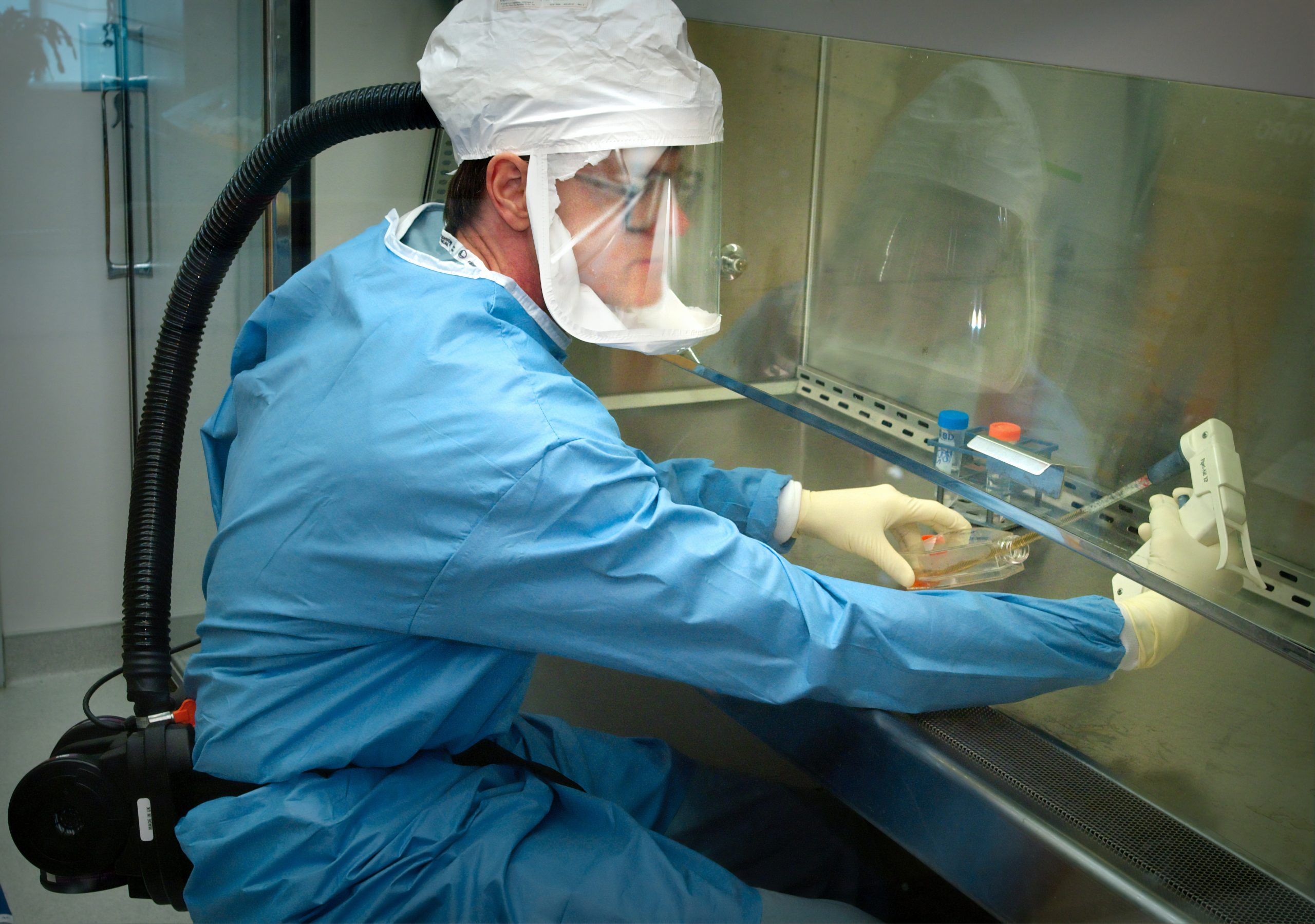The Coronavirus Act has received Royal Assent and has come into force.
The Act sets out proposed emergency legislative measures to address the coronavirus disease (Covid-19) outbreak. The legislation is time-limited for two years, but not all of the measures come into force immediately. Instead, many of the measures can be commenced from area to area and time to time, so as to ensure that the need to protect the public’s health can be aligned with the need to safeguard individuals’ rights. These measures can subsequently be suspended and then later reactivated, if circumstances permit.
The Act contains two key measures which will impact directly on mainstream employment.
1. Emergency Volunteers
Sections 8 and 9, together with Schedule 7, introduce a new form of unpaid statutory leave, for emergency volunteers and powers to establish a compensation scheme to compensate for some loss of earnings and expenses incurred by volunteers.
These measures are designed to enable relevant appropriate authorities (local authorities and relevant health and social care bodies) to maximise the pool of volunteers that they can draw on to fill capacity gaps by addressing two primary deterrents to participation: risk to employment and employment rights, and loss of income.
2. Statutory Sick Pay
Sections 39 and 40 allow for amendments to the current Statutory Sick Pay system as it does not provide the flexibility required for the response to managing and mitigating the effects of a Covid-19 pandemic.
Under Section 39, the Secretary of State is given the power to make regulations regarding the recovery from HMRC of additional payments of SSP by certain employers for absences related to Covid-19 so that the relevant employers are supported in a period when their payments of SSP are likely to escalate.
Section 40 allows for the Secretary of State to make regulations to temporarily suspend the three waiting days rule for those employees who are absent from work due to Covid-19, meaning that SSP is payable from day one.
This provides summary information and comment on the subject areas covered. Where employment tribunal and appellate court cases are reported, the information does not set out all of the facts, the legal arguments presented and the judgments made in every aspect of the case. Employment law is subject to constant change either by statute or by interpretation by the courts. While every care has been taken in compiling this information, we cannot be held responsible for any errors or omissions. Specialist legal advice must be taken on any legal issues that may arise before embarking upon any formal course of action.







